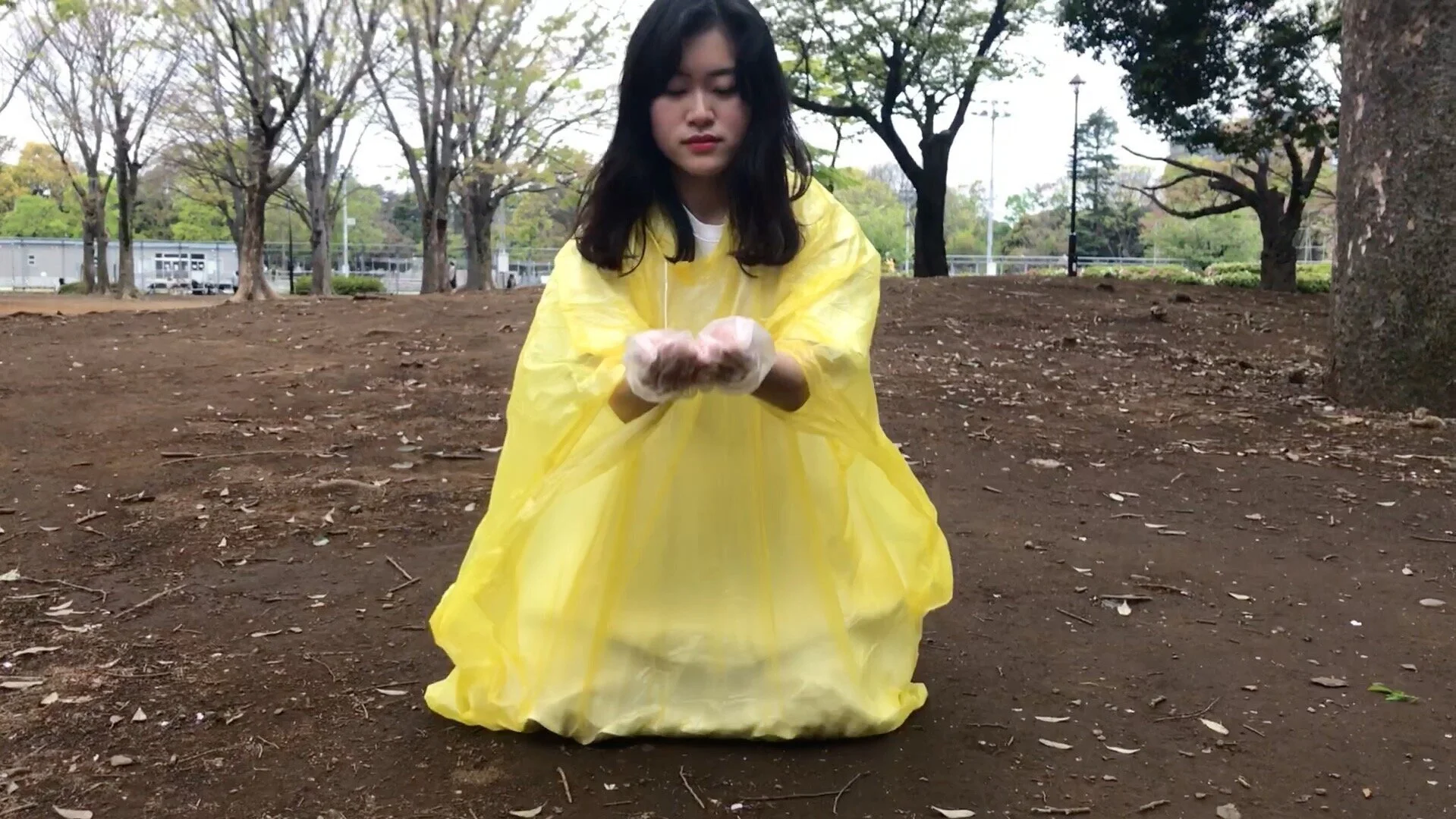“Reimagining Protocols: Reclaiming, Challenging, and Queering Surveillance"
The panel is part of a year-long series at the center called "As For Protocols" and is planned for Monday, February 8th, from 6-8pm EST.
Reimagining Protocols: Reclaiming, Challenging, and Queering Surveillance
Surveillance has become widely accepted as a prevalent feature of our contemporary worlds—whether publicly or privately, in physical spaces as well as online—while perpetuating racial and class-based discriminatory practices. How have theorists and artists challenged these imposed protocols, engaging in what scholar Simone Browne has called “troubling surveillance,” to address the spillover from the military use of drones into our civilian lives? Convened with Fabiola Hanna, Assistant Professor of Emerging Media at The New School, this panel presents theories and artistic practices of resistance that reclaim, challenge, and queer technologies of surveillance.
In the exhibition is the experimental film, Surveillance, in which Kemp scrutinizes the physical and psychic safety of African American women from both a historical and a contemporary perspective. Created from footage submitted by viewers of the artist’s previous durational performance at Montalvo Arts Center, the film, in long, quiet and often slow-moving frames, teases out the idea of repetition and endurance and the joy that is needed to not only survive but thrive against seemingly insurmountable odds.
The title of the installation seems to symbolize all the many facets of the word, “surveillance.” As a noun, it echoes the artist’s (the subject of the film’s) objectification and exemplifies the voyeurism of the viewing participants in a fashion that is somewhat meta, as it can describe the viewers inside the film as well as the exhibit’s patrons. But when one considers the word as an action, it calls upon important contexts, historical and political, embodying its most literal sense by overlaying ghost images of ‘coding’ sourced from FBI surveillance of African American communities.
These eerily translucent images, produced by Abram Stern for his Unburning series, are culled from a collection of FBI aerial surveillance images of the Baltimore Uprising in 2015. The inclusion of this footage, together with the film’s beautiful and brutal ambiguity, asks open-ended questions about the role of digital media in reproducing a criminalizing and deeply racialized gaze. It calls into question the impact on humanity when ghostly traces of injustice remain even when video evidence is removed, redacted, or even forgotten. The overlays represent the reality that these images, "burned into" the video by the FBI's infrared sensors, have also been burned into the psyche of the viewing participant and society at large.
…. “the unburning”
The desire to “unburn” negative images of African-Americans in the minds of many. And an ode to joy; a showcase of the resilience and the fortitude that it takes to be Black and jubilant and free. Kemp approaches this work with a deliberate and critical eye, with skillfully dichotomous methods that can be—depending on your perspective—either sympathetic or fierce, intimate or detached. The exhibition interrogates objectification and observation and personifies the spirit of joy and the land to offer a robust portrayal of people, time and place that is sensitive and beautiful, timely and necessary.









